Important Business Documents (With 20+ Samples)
Let’s have a look at some of the most important documents used in business.
-
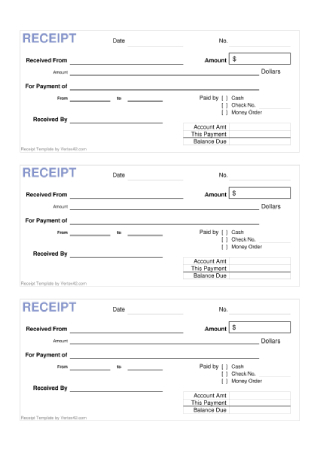
Cash Receipt
Secure a cash receipt for your customers and accounting department using this sample.
-
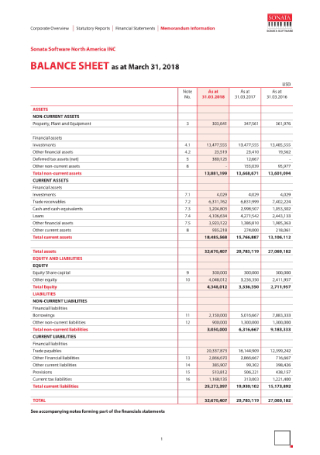
Company Balance Sheet
Reveal the assets, liabilities, and equity of your firm through a detailed balance sheet.
-
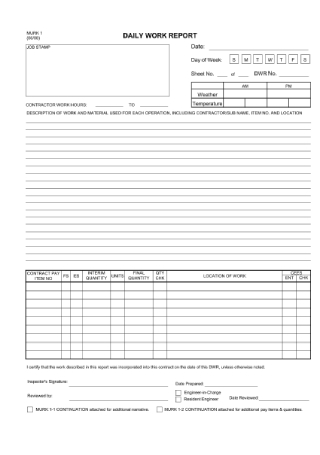
Daily Work Report
Record the tasks and progress of your team on a daily basis with a well-written report.
-
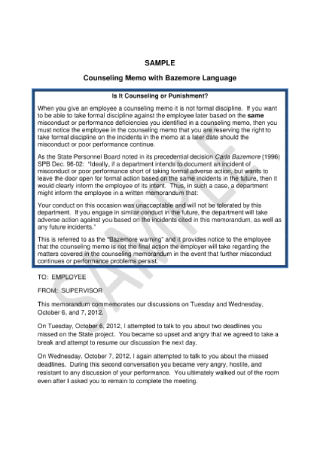
Employee Counseling Memorandum
Improve employee performance by sending a counseling memo to selected individuals.
-
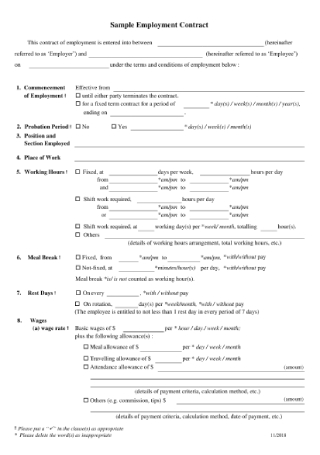
Employment Contract
Outline the rights and obligations of company employees with the use of an employment contract.
-

Financial Report
Present relevant financial information to company leaders through a report.
-

Food Hub Feasibility Study
Assess the practicality of your food hub proposal with a feasibility study.
-
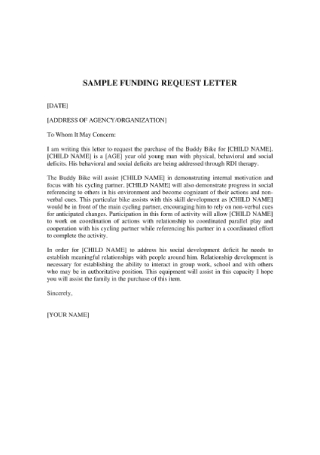
Funding Request Letter
Receive funding from sponsors and donors by writing a funding request letter.
-
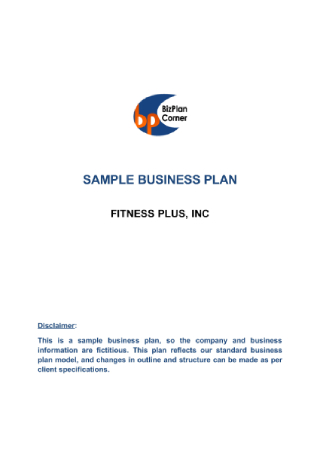
Health Club Business Plan
Start your own health club with the help of a comprehensive business plan.
-

Marketing Plan
Make an outline of your marketing strategy for the coming period with the help of this sample.
-
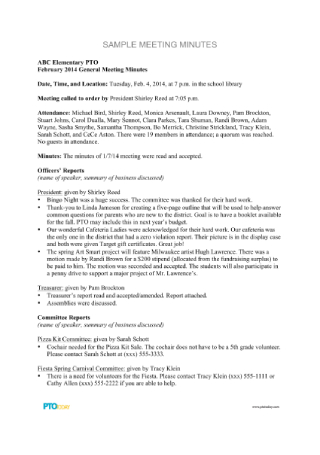
Meeting Minutes
Refer to this sample to write effective meeting minutes.
-
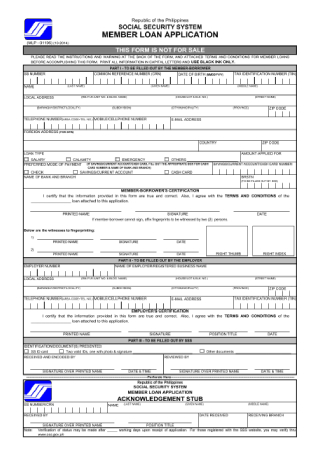
Member Loan Application
Use a loan application form to assist members of the organization with their financial needs.
-
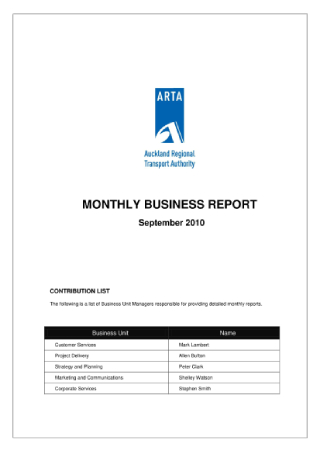
Monthly Business Report
Provide monthly status updates on key business activities using a report.
-
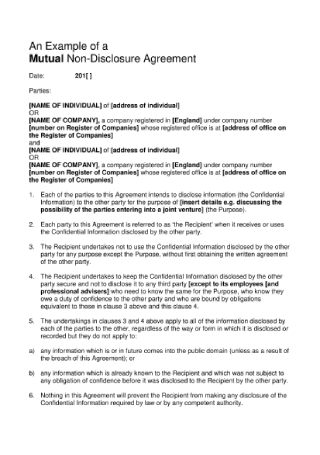
Mutual Non-Disclosure Agreement
Maintain confidentiality over propriety information using a non-disclosure agreement.
-
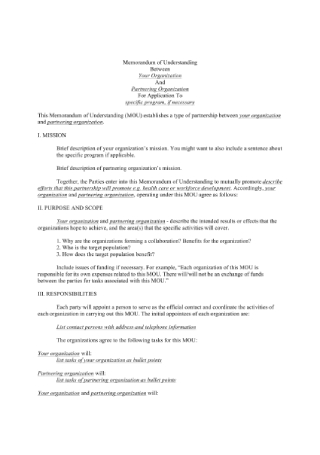
Partnership Memorandum of Understanding
Establish the ground rules for any partnership activities through a clearly defined MOU.
-
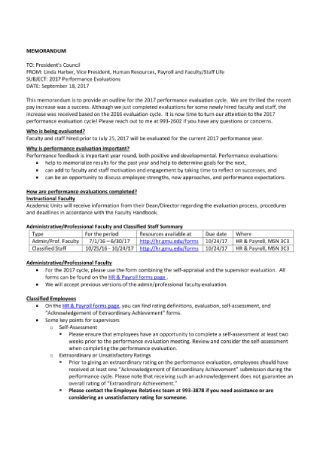
Performance Evaluation Memo
Inform staff members of an upcoming performance evaluation with the use of a memo.
-
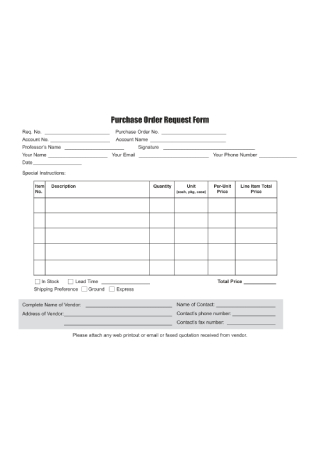
Purchase Order Request Form
Obtain purchased goods and services by filling an order request form.
-
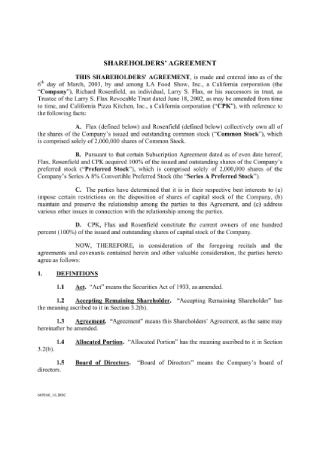
Shareholders’ Agreement
Define the rights and responsibilities of shareholders in an agreement.
-
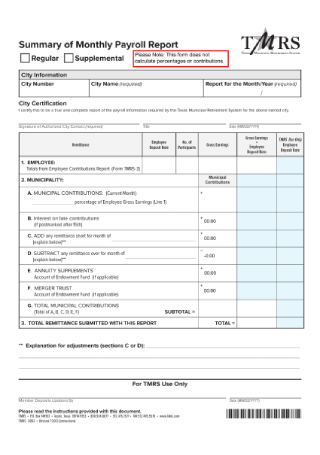
Summary of Monthly Payroll Report
Make a summary of employee contributions on a monthly basis with a payroll report.
-
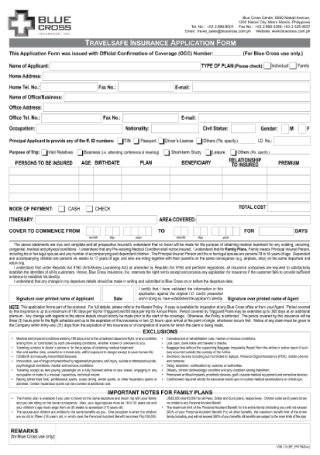
Travel Insurance Application Form
Allow clients to apply for travel insurance using an application form.
Business Document s to Download
Important Business Documents (With 20+ Samples)
Why Are Business Documents Important?
Types of Business Documents
Why Are Business Documents Important?
It’s easy to see how documentation has helped businesses leave a trail of their accomplishments, failures, efforts, and plans for the near future. Documents simply tell a story of a company’s journey from where it all began to where it is now. This builds a sense of credibility for the business, creating a solid background that could help you earn the trust of potential clients and investors.
Documents also help you govern every aspect of your business. Along the road, expanding your business would become a promising option for you to thrive in the competitive industry. This means hiring or appointing staff members to manage different sectors of the company according to the scope of their assigned duties. By documenting significant events on print, managers can easily monitor the progress of their respective teams and track any mistakes that were overlooked. This will also help the business learn from its poor decisions and failed ventures in order for you to develop better strategies for later.
Additionally, in the event of a dispute, for instance, businesses may refer to the terms and conditions stated in a contract to defend their rights in the court of law. It’s crucial to protect your integrity when you’re under the public eye, especially when an issue could possibly damage a consumer’s perception toward you forever.
Types of Business Documents
Companies use business documents for various purposes. All these documents play a key role in protecting the best interests of the business and its people for the years to come. Some of these documents are produced by company employees and business owners, while others may be drafted by outsourcing professionals such as accountants and attorneys. Listed below are some of the essential types of documents used in business.
